Elite Sponsor – Marshall Gerstein
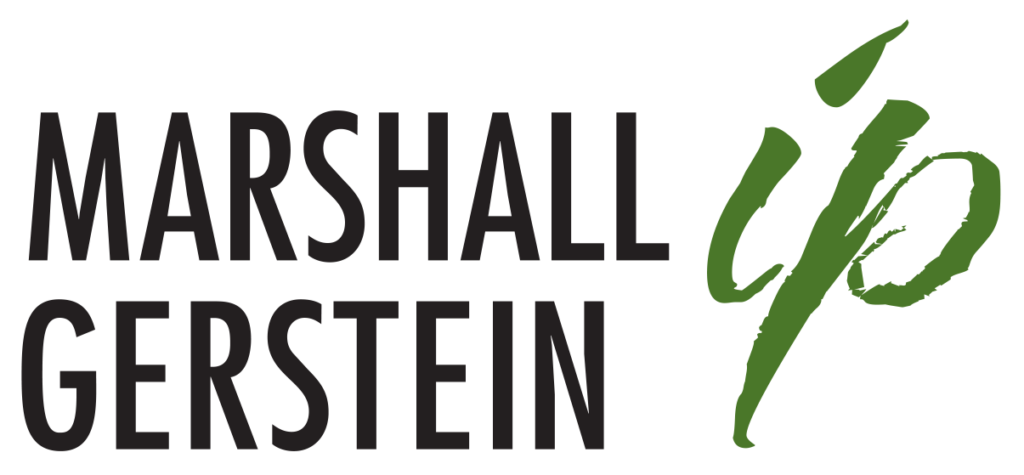
Emma Pollner, MS
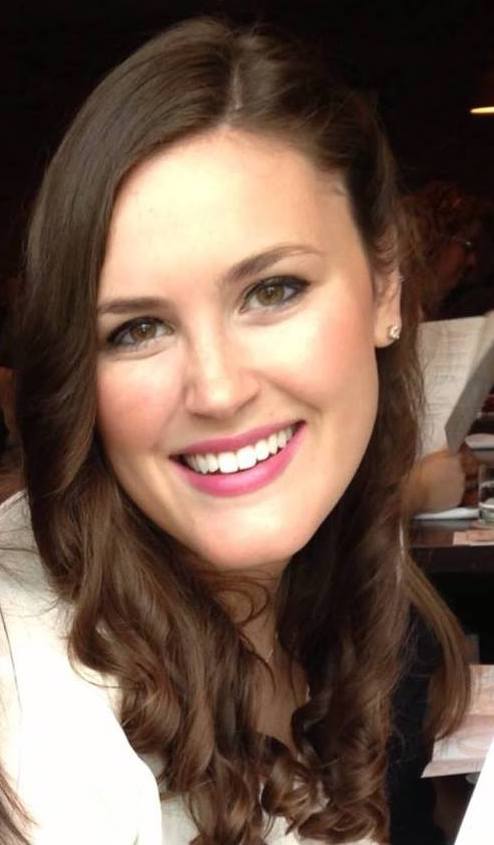
My name is Emma Pollner and I am currently a research coordinator at Northwestern University’s Mesulam Center for Cognitive Neurology and Alzheimer’s Disease. I serve on our Clinical Core study, which is a national longitudinal and observational study following patients with various dementias as well as people who exhibit normal aging. We see our participants once a year to collect cognitive and quality of life data, as well as biomarker data through blood, cerebrospinal fluid, and imaging. We track the progression of symptoms during life (or lack thereof) and when our participants pass away, we are also able to collect their brain tissue to further our research by examining pathology that is associated with the syndrome experienced during life. I also recently started up a new study called ALLFTD at our Center. We are one of 19 sites around the world. This is also an observational and longitudinal study looking at patients and family members that have a rare form of dementia called Frontotemporal Dementia (FTD). This study aims to track progression of disease as well as identify new biomarkers and genetic mutations associated with FTD.
We recently published a paper looking at a new assessment’s ability to differentiate two clinical diagnoses of FTD. The assessment is called the FTLD-MOD and has shown to differentiate Primary Progressive Aphasia (PPA) and Behavioral Variant Frontotemporal Dementia (bvFTD) through cognitive test scores. This means it can be a helpful tool while diagnosing types of FTD.
I completed my master’s degree in Clinical Psychology at Northwestern and am pursuing my PhD in Clinical Psychology with a focus in Neuropsychology. My patients and their families inspire me everyday with their resilience to continue my journey towards my PhD and ultimately finding a cure for dementia. I have always been passionate about science and I am the first woman in my family to pursue a degree in medicine. I think it is so important to belong to a community of women in STEM because it is still a very male dominated field. Connecting with other women who have experienced success in science and medicine is a driving force to other women pursuing their dreams.
Aisha Qazi
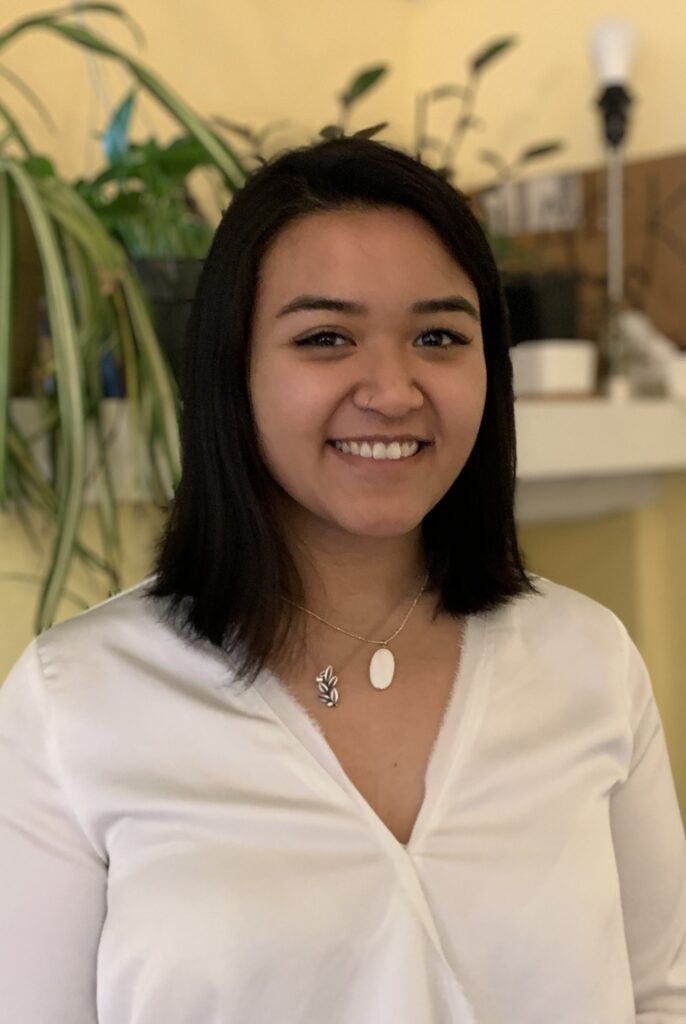
Hello! My name is Aisha Qazi and I am a second year PhD student in the Graduate Education in Medical Studies (GEMS) program at the University of Illinois at Chicago. As a member of Dr. Ravinder Gill’s lab, we investigate the various roles of intracellular serotonin in intestinal inflammation and gastrointestinal diseases such as Crohn’s disease, ulcerative colitis, and irritable bowel syndromes (IBS). I am particularly interested in elucidating the role of the serotonin transporter (SERT) in gut metabolism and absorption of essential amino acids during intestinal inflammation, as well the contribution from the gut microbiota. In addition, we are interested in the function of epithelial aryl hydrocarbon receptor (AhR) in a state of inflammation. In February 2021, I received the Gastrointestinal and Hepatology Research Recognition Award from the American Physiological Society (APS) for our research examining the impact of AhR activation in chronic intestinal inflammation through diet.
My love for science (and the scientific method) stems from childhood when I competed in and won several science fairs. This passion blossomed during my undergraduate career when I joined a cancer research lab using a novel transgenic swine model and was given the opportunity to present my research at the American Association for Cancer Research (AACR). After my PhD, I aspire to expand my knowledge and skills through post-doctoral fellowships in hopes of continuing in academia. As part of the Chicago Women in STEM, I hope to expand my network, to support my fellow women, and to promote diversity and equity within the scientific community.
Shabana Shaik, PhD
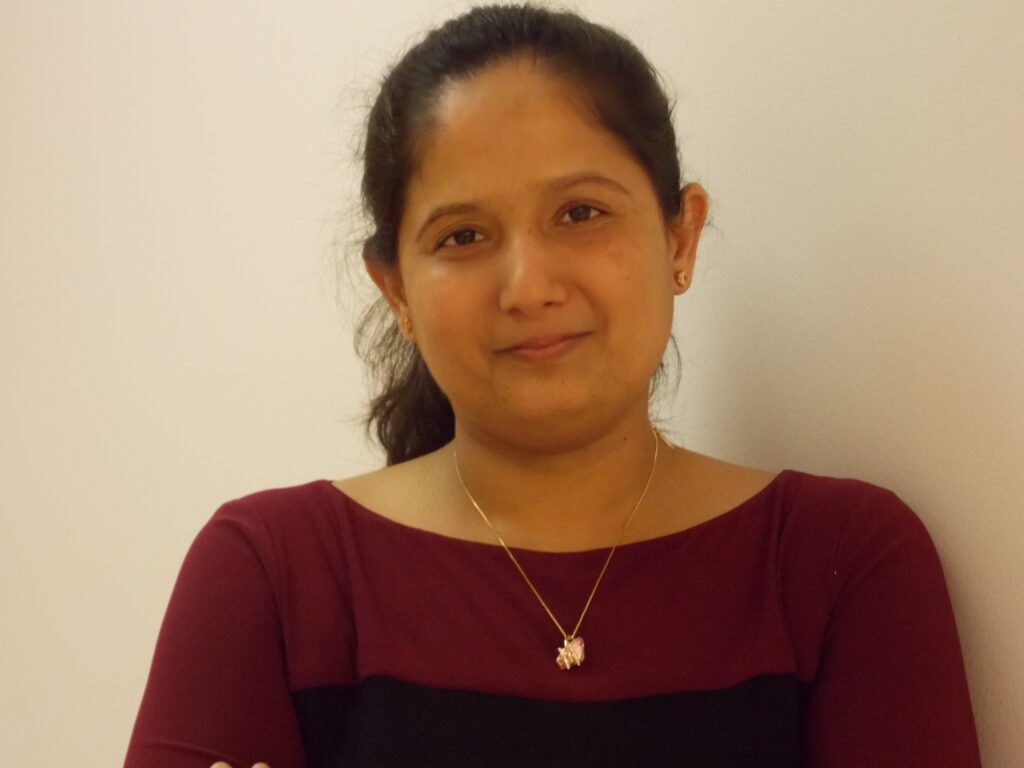
Hi! My name is Shabana Shaik and I am a postdoctoral scholar at Sisodia Lab in the department of Neurobiology, The University of Chicago. My research focuses on exploring sex-specific mechanisms of neuro-immune modulation by gut microbiome using Alzheimer’s mice models. This work will unravel critical lacunae in our understanding of host microbiome-CNS interactions and could provide a wealth of unrecognized targets that would allow sex-specific therapeutic strategies for neurodegenerative disorders.
I hold a deep passion for nucleic acid-based diagnostics and therapeutics which was ignited through my research at National Centre for Biological Sciences-TIFR, Bangalore, India and during my doctoral studies at the University of Chicago where I showed that tertiary structure of RNA regulates splicing. The vision that drives my work is of a world where RNA technologies would provide innovative and potentially transformative approaches to the development of new treatment regimens. As a first-generation, international student from Indian diaspora, I have learnt to celebrate the strength I gained from very diverse challenges that made me resilient and persistent. As a future group leader and mentor, I want to leverage this strength of diversity to build network across multicultural environments while I nurture and grow the future generation of young scientists. I am individual who is committed to lifelong learning, initiatives like the Chicago Women in STEM that provide a platform to engage and interact with an incredible group of women and create a new network of women leaders to contribute to advancements in science and life-transforming technological innovations.
Anusree Natraj, BA
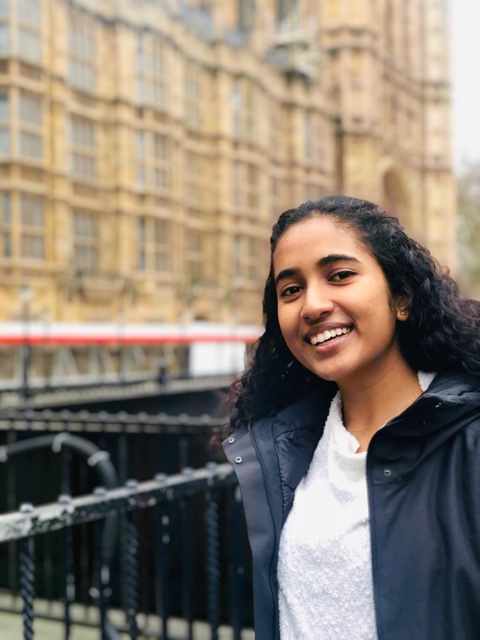
Hello! I am Anusree Natraj, a Chemistry PhD student at Northwestern University. I graduated cum laude in 2019 from Washington University in St. Louis with a BA in Chemistry (primary) and Spanish (secondary).
I was born and raised in Mumbai, India. My grandparents were chemists (my grandpa an industrial research scientist and my grandma a college professor), and their love for science inspired me as a young girl to pursue a scientific education and career. After joining Prof. Jonathan Barnes’ lab at Wash.U., I was further propelled to pursue research in chemistry. In 2019, my undergraduate research was published in the Supramolecular Chemistry journal.
My current research in Prof. Will Dichtel’s group at Northwestern involves making novel materials called covalent organic frameworks (COFs) and studying in detail the mechanisms of their formation. Using the principles of organic chemistry and materials science, I plan to synthesize different morphologies of COFs and target their growth as single crystals, which would allow the COFs to be used in a variety of applications, from membranes to electronics.
Outside of the lab, I enjoy STEM outreach, especially planning and conducting fun, educational science experiments for kids. As part of Chicago Women in STEM, I hope to be involved in outreach and teaching, and I hope I can help encourage younger students into exploring STEM fields. I also hope to be able to connect with the amazing scientists that are part of this supportive network and be able to exchange ideas and lead workshops together. Also, being part of such a strong, diverse community of women, I look forward to discussing and sharing perspectives on being an international student and woman of color within the context of American academia. After my PhD, I hope to continue to pursue my interest in an academic career, ideally one that combines my love for both teaching and research.
Karen Murchie, Ph.D.
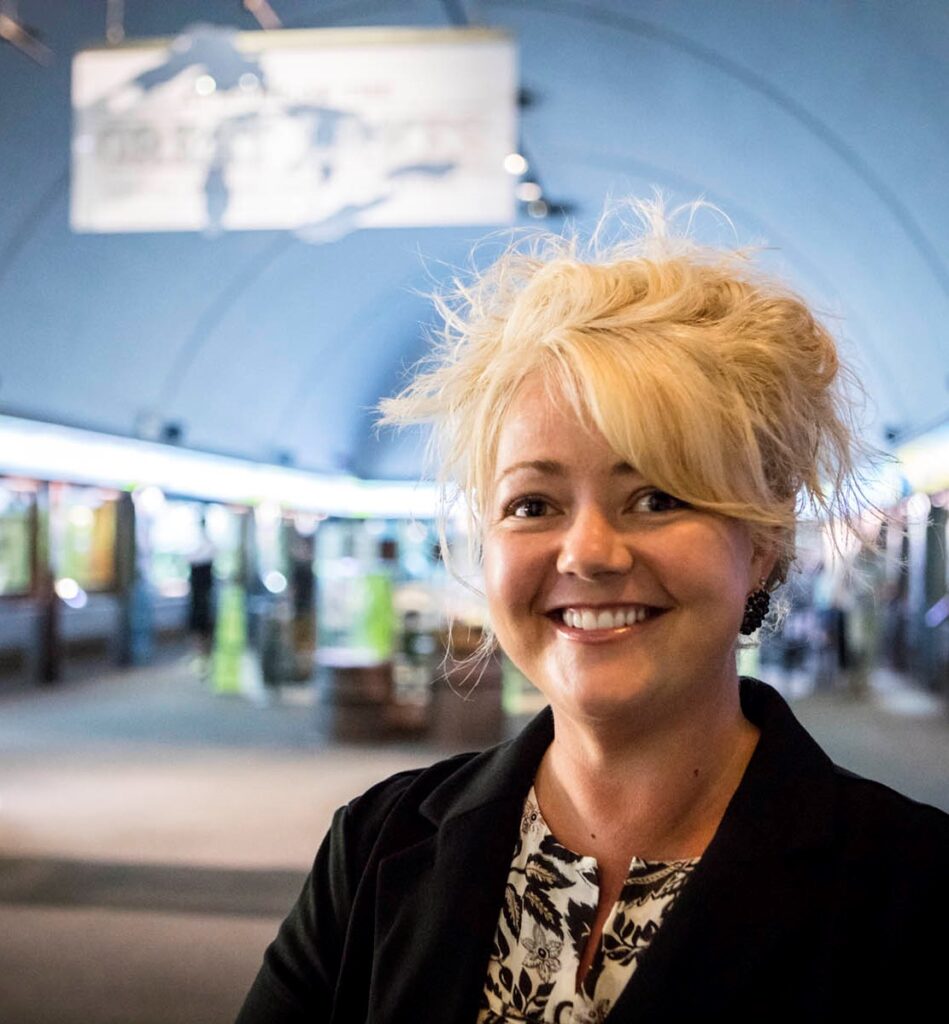
I am the Director of Freshwater Research at Shedd Aquarium and I oversee a team of biologists focused on addressing wildlife conservation concerns in the Great Lakes region, while also leading a research program focused on migratory fishes.
Though the outdoors have always been a special place to explore, my passion for the aquatic world was sparked from a snorkeling experience during an undergraduate field course in Jamaica where I was befriended by a fairy basslet, a colorful fish, that lingered near my mask during my first snorkel to local reefs. From that point on, I turned my attention to pursuing a career in fisheries. I have since had the opportunity to marvel at fishes and their various habitats from the Arctic to the Amazon, and many places in between. After I finished my Master of Science degree, I took time to experience positions in government and environmental consulting. Following my Ph.D., and a one-year post-doc, I became an assistant professor for five years before joining Shedd Aquarium in 2016. What I love about my career is gaining insight into the lives of fascinating fishes and sharing my experiences with others. I am extremely fortunate to have been lovingly cheered on by my family and friends through my pursuits. I grew up in a rural area where most science careers I was exposed to were in the medical or agricultural realm, or teaching. Through amazing mentorship and exploring various careers related to fisheries and the environment, I have gained an incredible network of colleagues and friends, along with diverse experiences. Fisheries careers have typically been male-dominated, especially for field-based research, but a shift is occurring. It is important for me to encourage and support others such that they can see themselves in whichever career they have a passion for.
Qining Wang
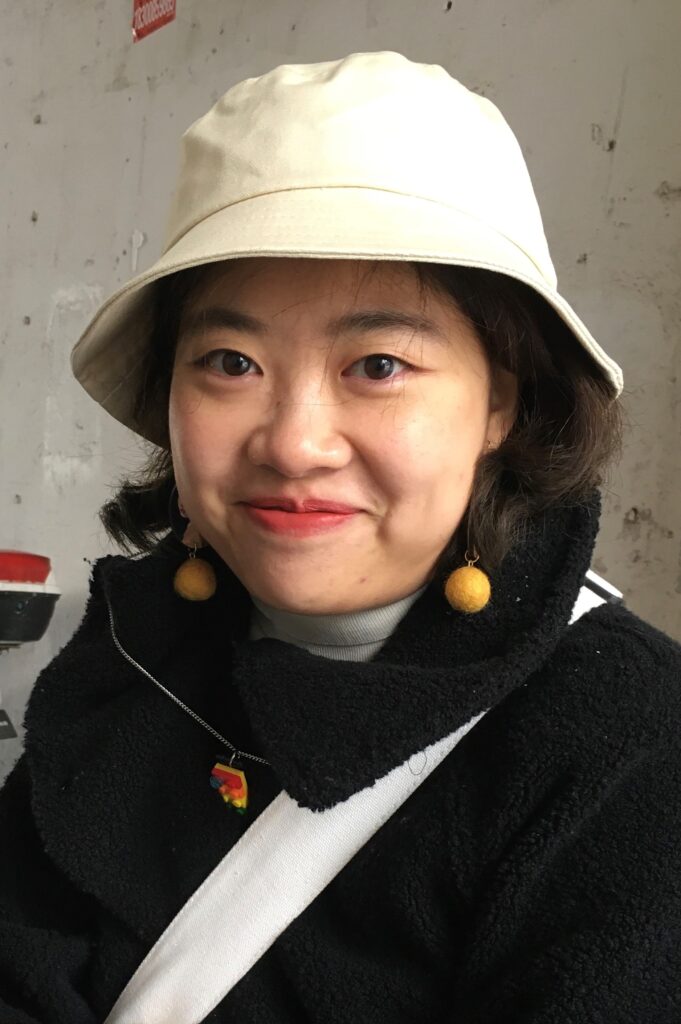
Hi! My name is Qining Wang (she/her). I am a third-year graduate student in the chemistry department at Northwestern University. Jointly advised by Professor Joe Hupp and Professor Justin Notestein, my work focuses on investigating the fundamental aspects of gas-phase catalysts using a class of material named metal-organic framework (MOF). By synthesizing MOF-supported catalysts with uniform and well-defined structures, I hope to establish structural-functional relationships of the catalysts with their reactivity, which would provide insights in designing catalysts with more controllable properties and higher efficiencies. I passed my qualifying exam and officially became a PhD candidate in April 2020, which was still surreal to me amid a global pandemic!
I am an international student from Guizhou, China, and I will be the first person to get a PhD degree in my family. So far, I am keeping my career choices open, but one of my long-term career goals is to make science more accessible to the younger generation from disadvantaged backgrounds. Therefore, I would like to be involved in science communication and mentoring junior scientists in the future. Through Chicago Women in STEM, I hope to meet more like-minded scientists, share our experience and science journey in graduate school, and inspire each other!
Monika Filipovska, MS
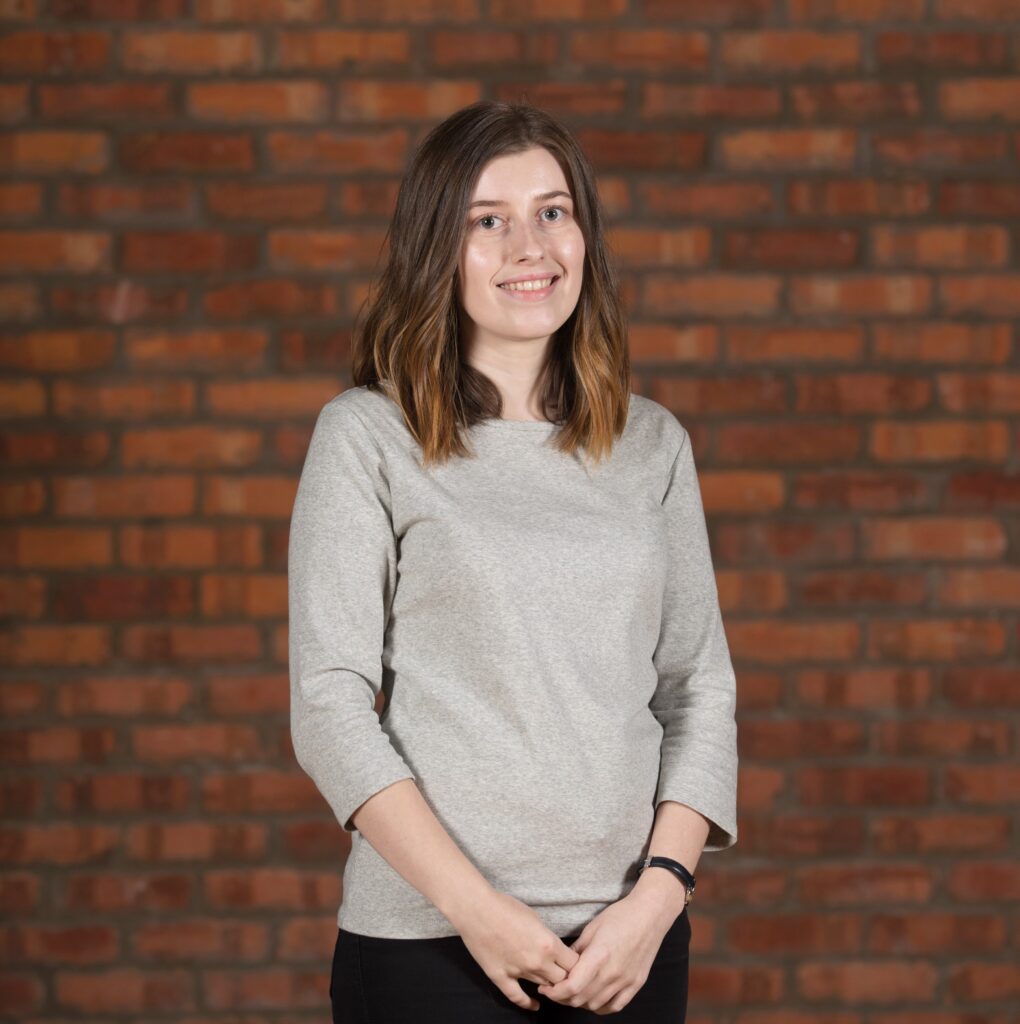
I am Monika Filipovska, a Ph.D. Candidate in the Transportation Systems Analysis and Planning program at the department of Civil and Environmental Engineering at Northwestern University. My research interests broadly fall in the areas of transportation network modeling, intelligent transportation systems, and connected and automated transportation technologies. My current dissertation research focuses on modeling travel time reliability in transportation networks and finding reliable paths and routing solutions with access to en-route information. A presentation of a paper from my dissertation research was recently awarded a best presentation award at the 2020 IEEE International Conference on Intelligent Transportation Systems.
Upon the completion of my Ph.D., I intend to pursue an academic career. I aspire to build a research program that will bring together stakeholders from academia, government institutions, and industry to serve as a catalyst for the transfer of innovative transportation solutions between research and practice. As an instructor, I aim to equip students with the understanding, skills, and confidence they will need as the next generation of professionals who will shape the future of our society. As an international scholar, originally from (North) Macedonia, the first of my family to attend university and study abroad, and a woman in STEM, I am acutely aware of the challenges of students and scholars who find themselves outside the dominant culture. An important component of my career goals is to advance and develop mentoring practices and programs to serve minoritized and disadvantaged populations, and specifically ones focused on the advancement and recognition of women in STEM. As part of the Chicago Women in STEM Initiative, I look forward to connecting with and learning from the women in this network, and I hope contribute to the Initiative to empower other women and bring awareness to the importance of advancing and recognizing women in STEM.
Women must empower women in STEM
A recent publication in Nature Communications on early-career informal mentorship [1] has caused scientists to take to the internet to express their discontent. Why, you ask? The authors of the paper concluded that junior female scientists benefit greatly from senior male mentorship and suffer if they have a female mentor. On the other hand, female mentors also seem to compromise their academic success by having female, instead of male, mentees. In a nutshell, you are unlikely to succeed in STEM as a woman. Many, including me, believed this paper should be retracted. The calls for retraction on social media have also led some academics to label Science Twitter as a mob. Of course, publications cannot be retracted because some people do not like their results, but a paper that resorts to an academic version of victim-blaming has no place in a scientific journal.
Methodology issues:
The study was heavily criticized on various platforms for not attributing their observations to the existing gender bias within academia and primarily using co-authored publications as a marker for mentorship. The authors analyzed historical data for mentor-mentee relationships (dating back to 1897, Source: https://bit.ly/3cHJJuC) across various STEM fields disregarding the underrepresentation of women scientists over the last century. Comparing data from the early 1900s to the present day may be useful if you are studying a trend, but it will probably produce unreliable correlation results if you don’t account for varied distribution, in this case, gender distribution. The authors use first names to determine gender, which in itself is problematic, but do not provide gender identities for the mentors in any of their datasets which brings into question how they compared their mentor to mentee gender relationships. Further, their use of unrealistic data points such as average academic age of mentors, reported as large as 213, and number of mentors, reported as high as 115, are contributing to doubts about the robustness of their analysis.
Ethical issues:
The authors seem to reinforce what should be an outdated notion – choosing your mentor based on their sex, let alone gender. While a person’s gender identity, as well as ethnicity and race, shape their life experiences, they are not a measure of intelligence or skill. Even if we attribute the methodological flaws of the paper to the pitfalls of large data analysis, the authors are perpetuating gender bias in a climate where women already experience detrimental implicit bias [2]. To suggest that the only way to overcome these biases is to work with big-shot male scientists invalidates all the hard work done by women to have their voice heard in the scientific community.
It does not escape me that the lead authors of the paper are actually women scientists, and this fact calls for some level of introspection. We should ask ourselves how often does a lab-mate’s gender influence our perception of their abilities? The flawed conclusions of the paper only underline the fact that womxn, i.e., all woman-identified persons, regardless of assigned sex at birth, must build confidence in each other, advocate for one another, and take pride in each other’s achievements.
Sumitra D. Mitra
November 30th, 2020
Sources: [1] AlShebli, B., K. Makovi, and T. Rahwan, The association between early career informal mentorship in academic collaborations and junior author performance. Nature Communications, 2020. 11(1): p. 5855. [2] Flaherty, C. Gender Bias in TA Evals: https://bit.ly/3mhMmXT. 2020.
Isabel Gippo
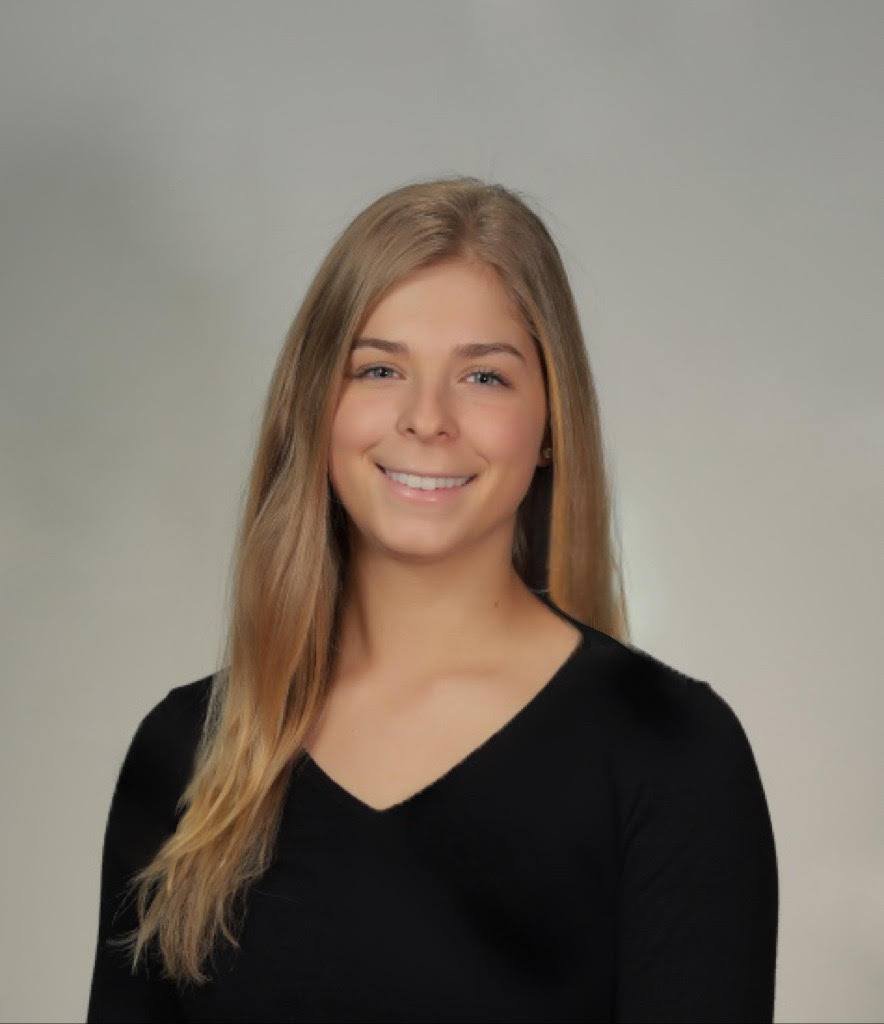
Hello! I am a second year undergraduate student at Northwestern University. I am originally from St. Louis and found an interest in STEM at an early age. My unwavering curiosity for how things worked never subsided and I now find myself pursuing a degree in Neuroscience with an emphasis in Biology and a minor in Chemistry. I currently work under Colleen Zaccard, a research assistant professor in the Department of Physiology at Northwestern and co-founder of the Chicago Women in STEM Initiative. We are working to analyze the relationship between spinule formation in dendrite spines and the presence of Ankyrin-G and TGF-β, assessing their role in neuronal connectivity. I am also interested in starting the undergraduate branch of the Initiative in an attempt to extend this community of successful women to a group of aspiring undergraduate students. The undergraduate branch would aim to uplift women in STEM much like the original branch, providing opportunities for career exploration, research experiences, and mentorship from seasoned women in the field.
Professionally, I would like to pursue a career in STEM that fulfills my childhood curiosity for the unknown. Since I am an undergraduate student, I still have time to decipher which career path will suit me best, but continue to learn and grow from the experiences of the women in this Initiative. Most importantly, the Chicago Women in STEM Initiative has allowed me to find a community of women who share similar passions and goals, ultimately providing mentorship and guidance that will positively impact my career.

